More Than Just Green Buildings
Look, we're not gonna pretend that tossing some solar panels on a roof makes us heroes. Real sustainability takes work, research, and honestly? A bit of obsession with getting things right.
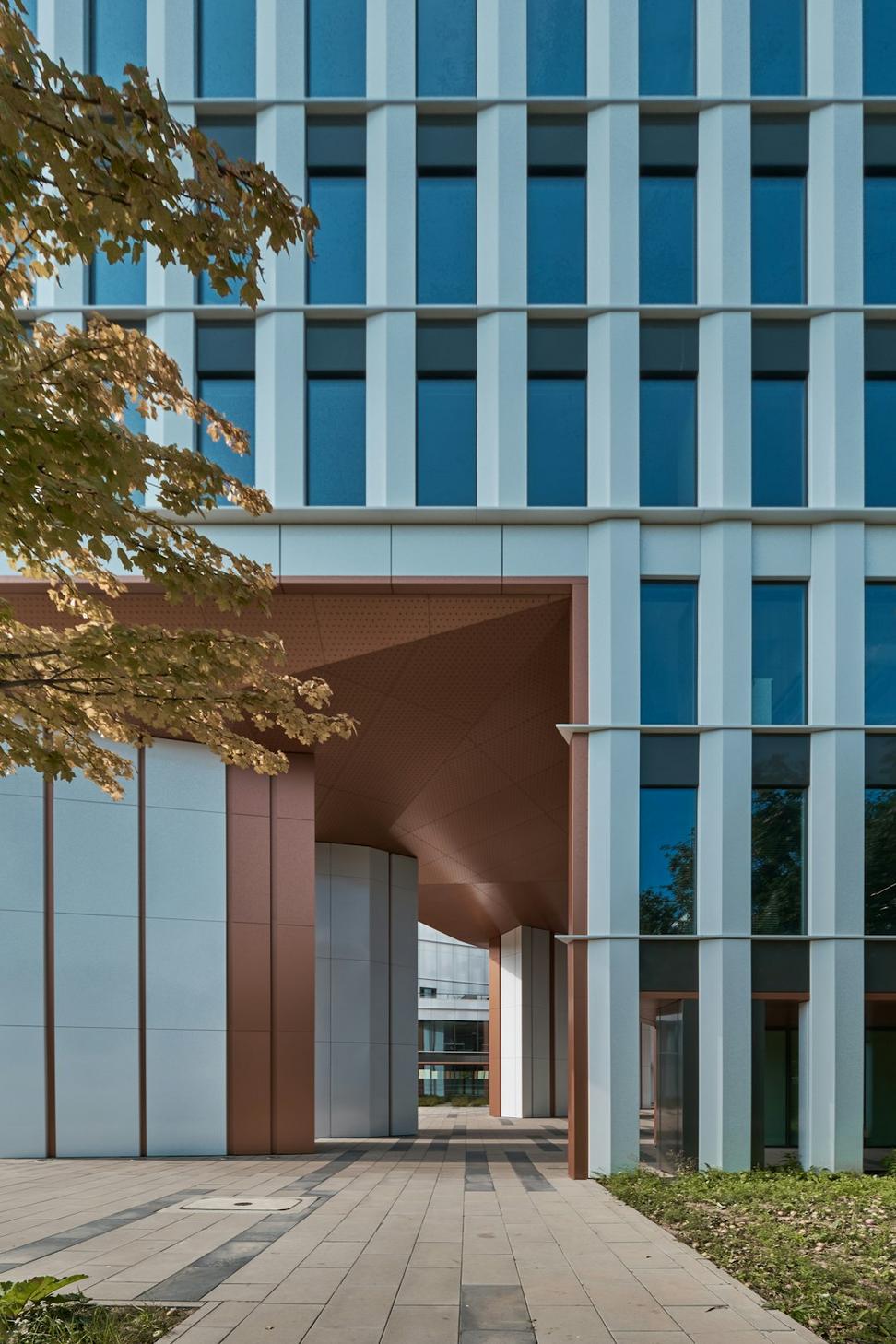
Look, we're not gonna pretend that tossing some solar panels on a roof makes us heroes. Real sustainability takes work, research, and honestly? A bit of obsession with getting things right.

After about a decade in this field, I've learned that sustainability isn't some checkbox you tick off. It's kinda become our default way of thinking - from the first sketch to watching someone move into their new space. We've seen too many projects that look great on paper but fall apart in practice, so now we measure everything twice and then probably check it again.
Average 64% reduction below baseline
We've been tracking energy consumption across our projects for years now, and the data's pretty clear - passive design strategies combined with smart tech actually work. Most of our residential projects hit around 60-70% below standard energy use, which translates to real money saved for clients.
52% average water use reduction
Vancouver gets enough rain that people forget water's still precious. We've designed greywater systems, rainwater harvesting setups, and drought-resistant landscaping that've cut water bills in half. Plus, it just makes sense for BC's ecosystem.
Here's how we've evolved over the years - the certifications, milestones, and sometimes the hard lessons
Started getting serious about certifications. Got our first LEED AP credential and honestly didn't know what we were getting into. The learning curve was steep but worth it.
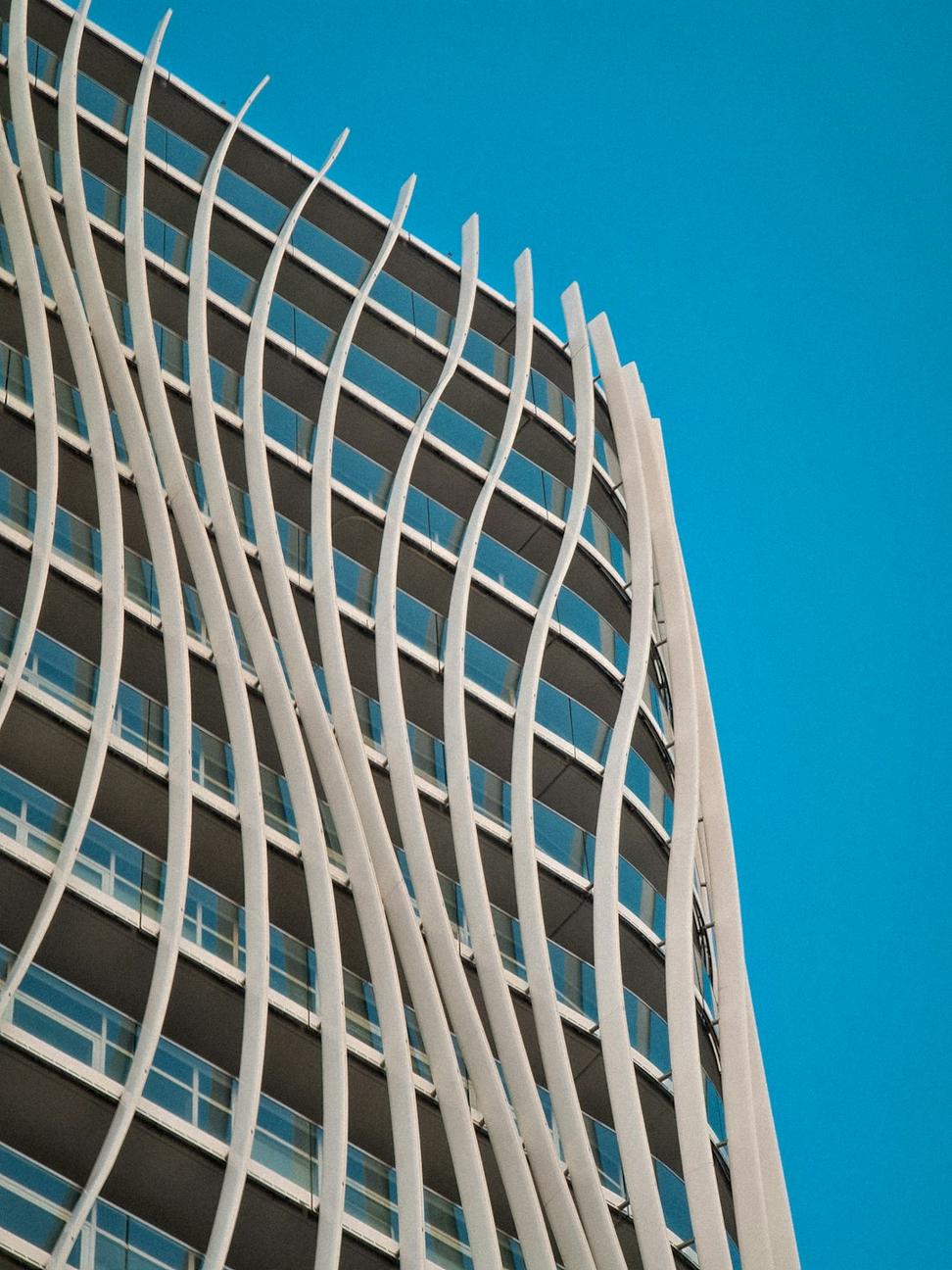
Completed our first net-zero energy residential home in North Van. The client was skeptical at first, but after seeing their first year's energy bills? They became our biggest advocates. That project taught us more than any textbook.
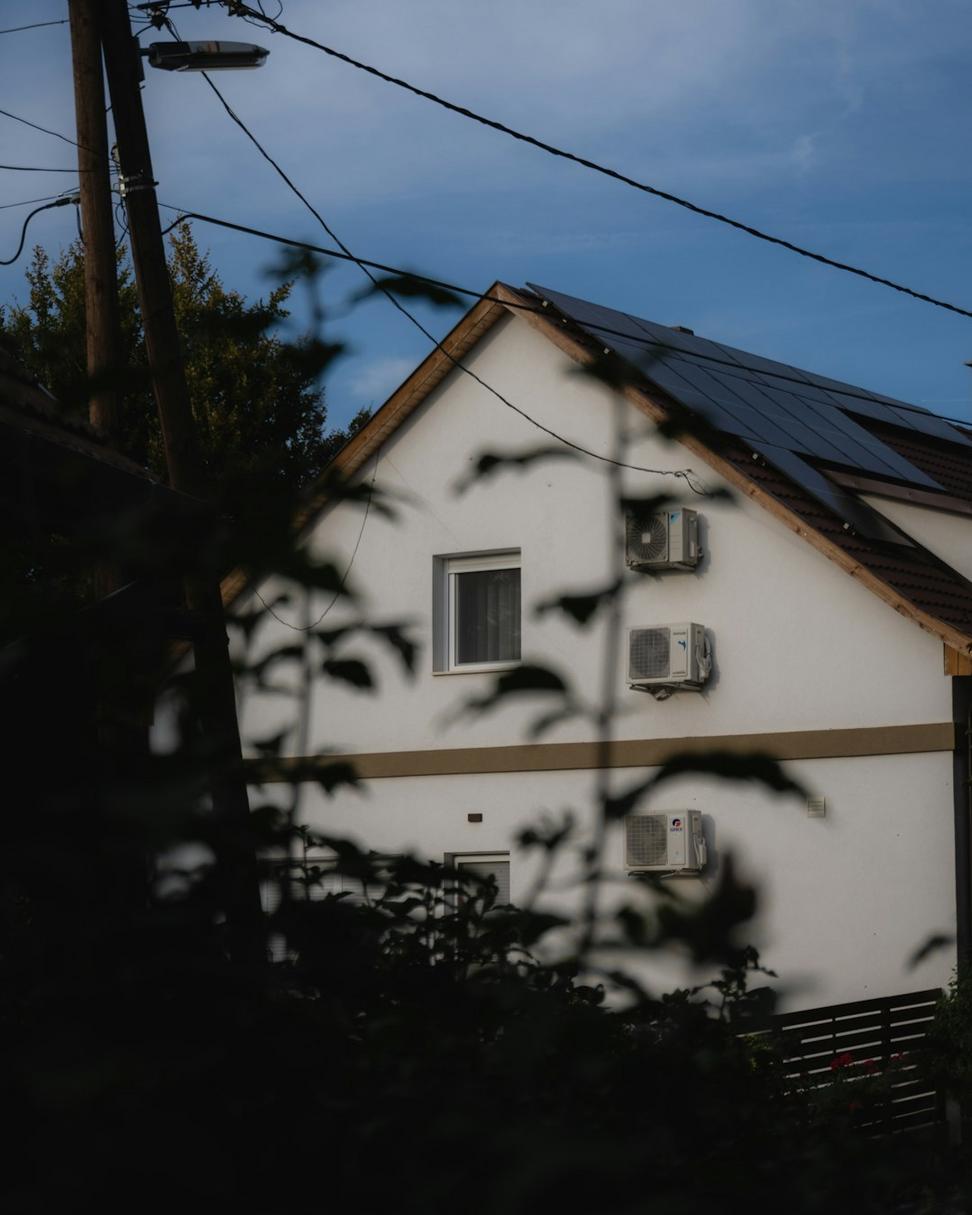
Became certified Passive House designers. This standard's no joke - it's probably the most rigorous energy efficiency standard out there. Had to relearn a bunch of what we thought we knew about building science.
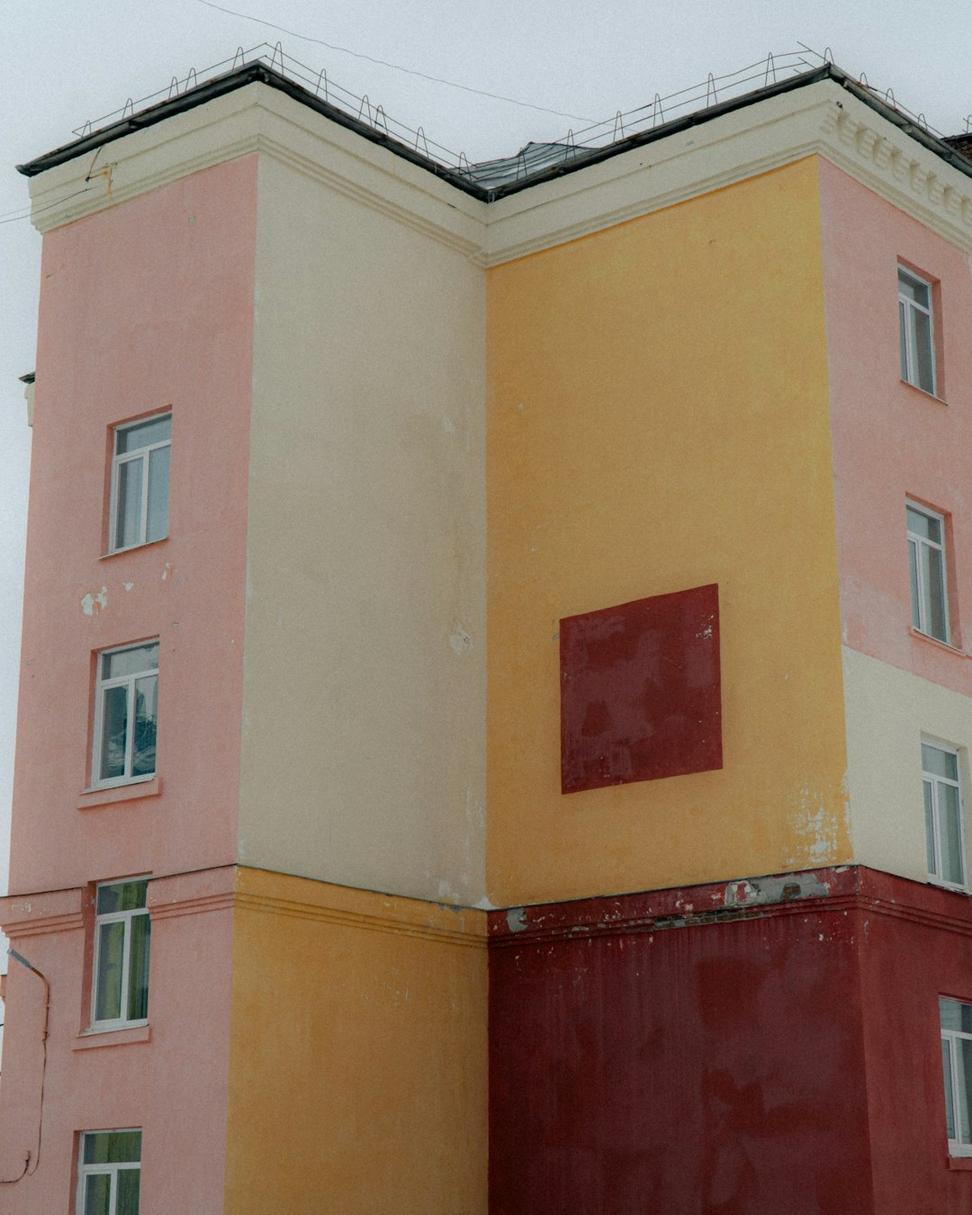
Took on our first Living Building Challenge project. If Passive House was tough, this was like climbing Everest. But we're close to certification now, and it's completely changed how we approach materials and site design.
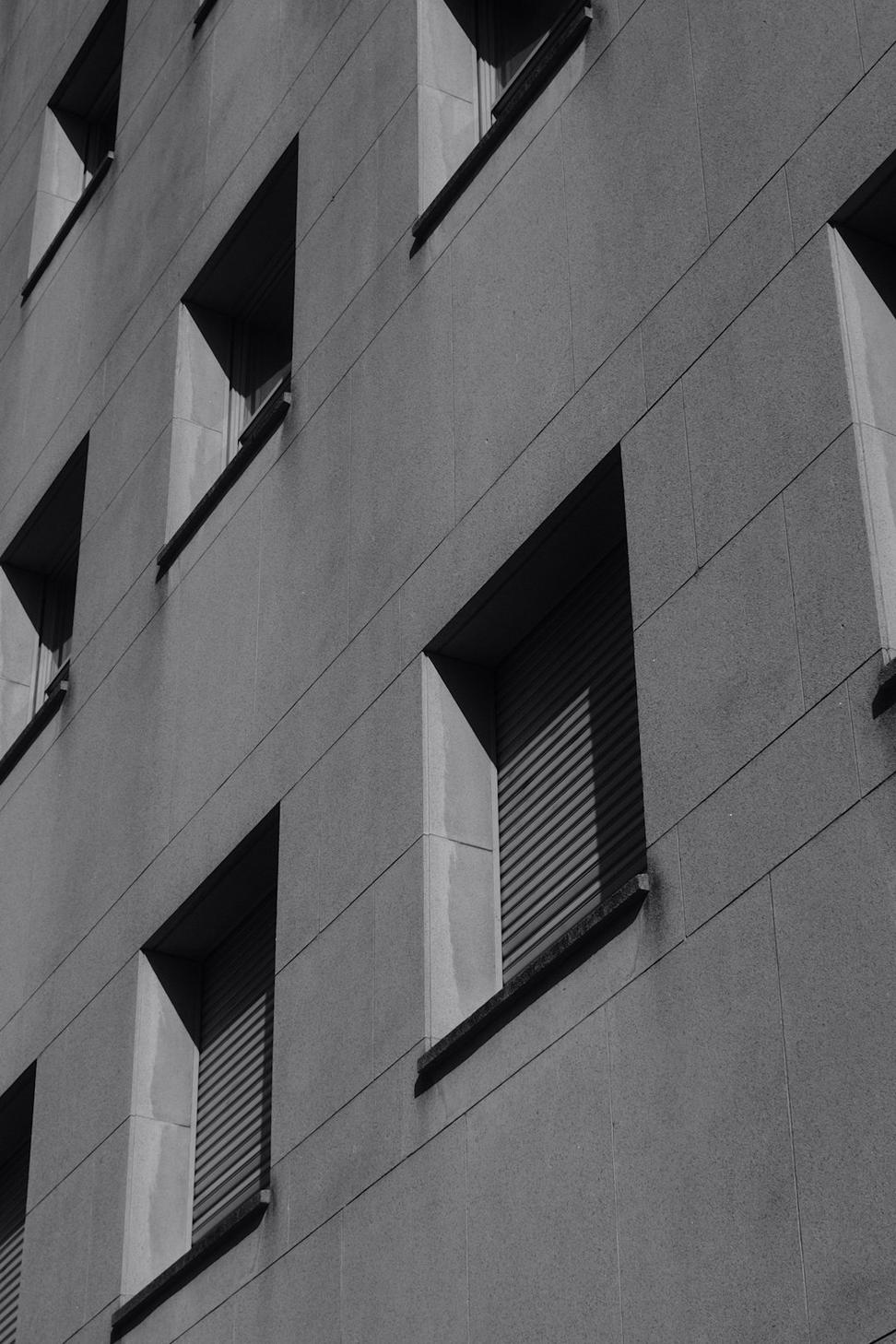
Made our studio operations carbon neutral. Seemed kinda hypocritical to design sustainable buildings while our own office wasn't walking the talk. Now we track and offset everything from commutes to paper use.
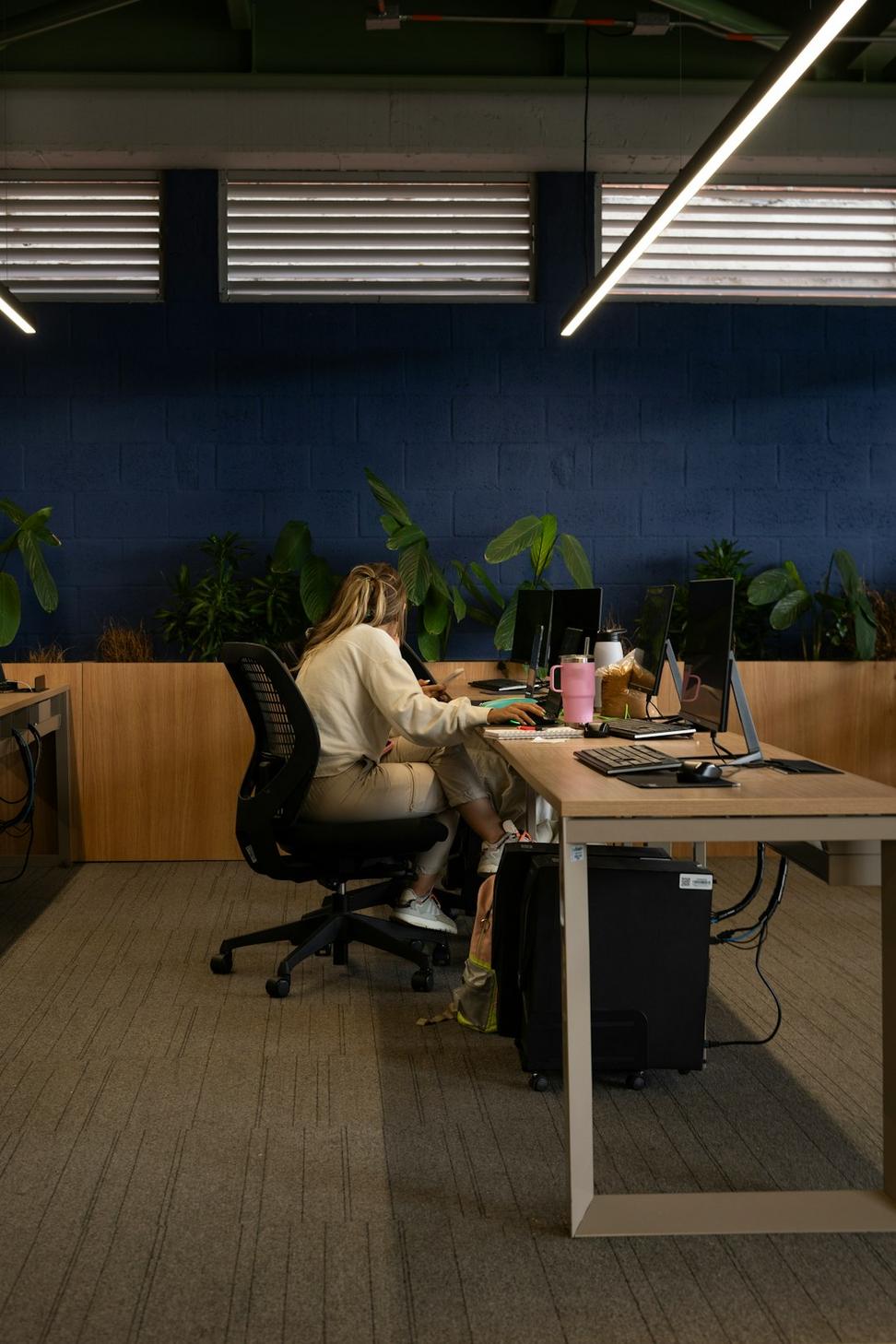
Started deep-diving into material health and toxicity. It's not enough for buildings to be energy efficient if the materials inside are making people sick. We're now vetting every product that goes into our designs for Red List chemicals.
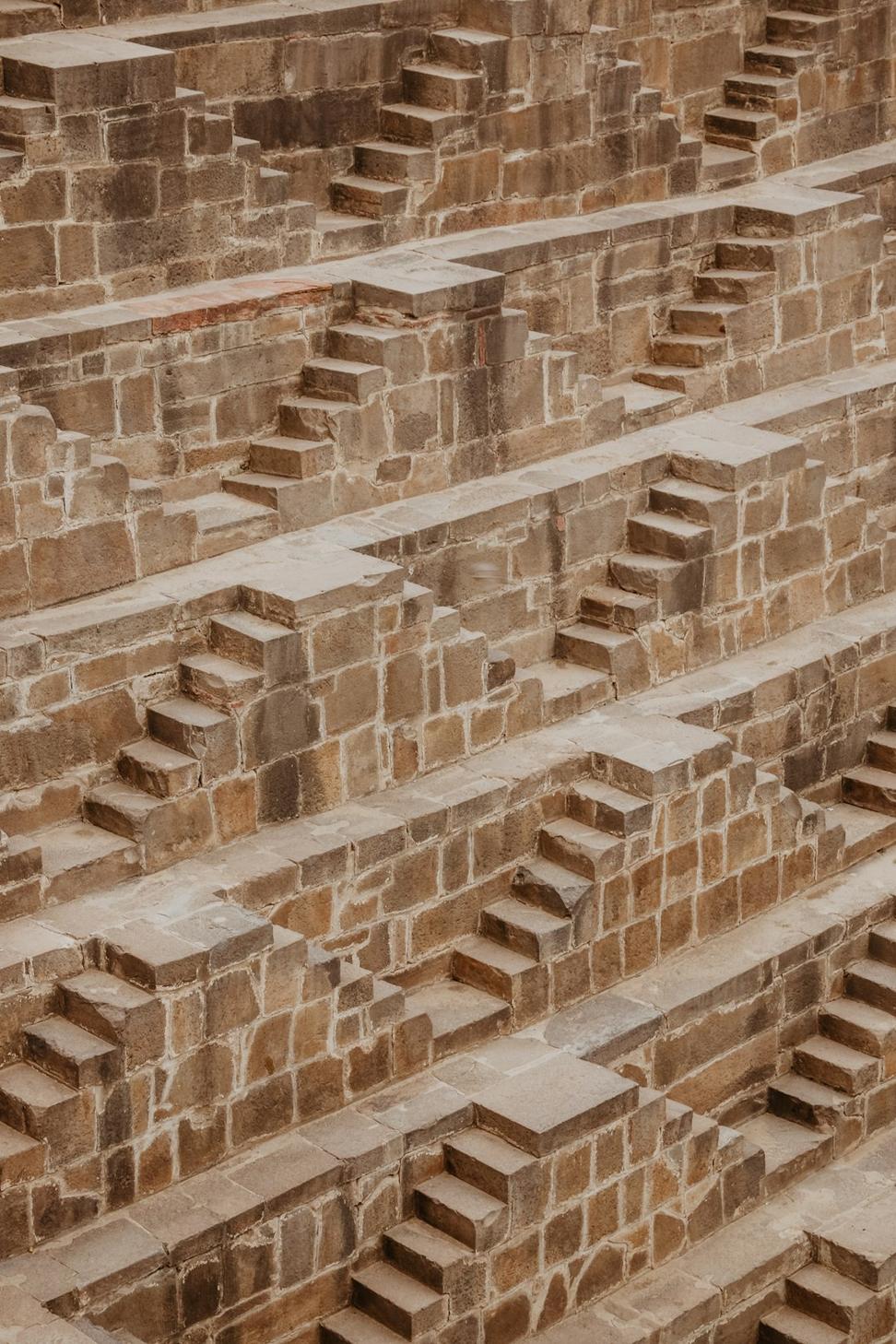
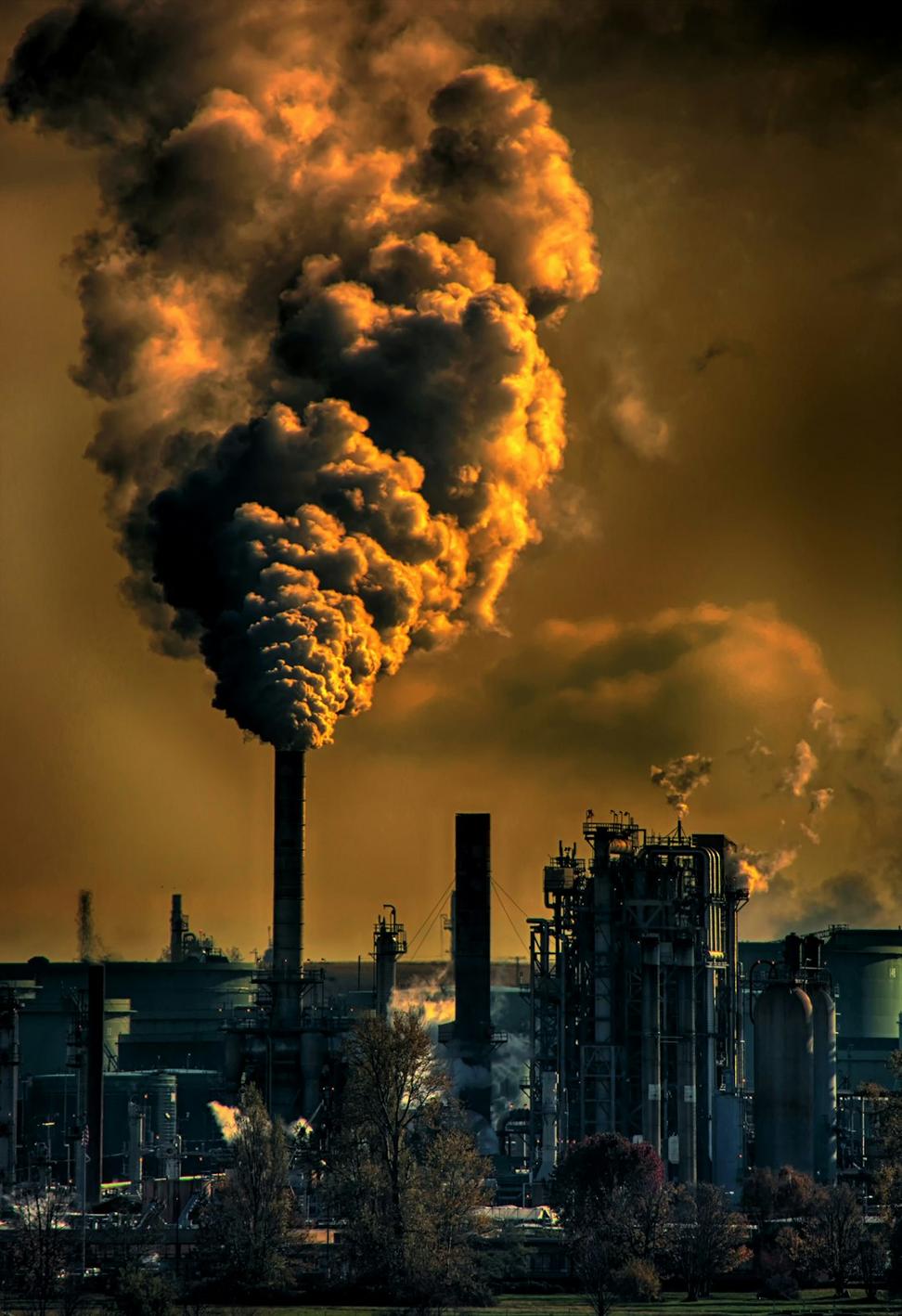
We're data nerds at heart, so we track pretty much everything. Here's what our projects have accomplished collectively over the past few years:
kWh energy saved annually
tonnes CO2 offset per year
construction waste diverted
litres of water conserved
Every building we design gets analyzed for sun angles, prevailing winds, and microclimate conditions. It's Architecture 101 but you'd be surprised how often it gets skipped.
We maintain a database of locally-sourced, low-carbon materials. Reclaimed wood, recycled steel, natural insulation - we've got suppliers we trust all over BC.
Before we finalize any design, we run it through energy modeling software. Helps us catch problems early and show clients exactly what they're getting.
We check in with clients a year after move-in to see how the building's actually performing. Real-world data beats theory every time.
Been doing this long enough to know that sustainable design isn't some destination you reach. Building science keeps evolving, climate patterns are changing, and new materials hit the market all the time. We mess up occasionally - like that green roof we designed in 2018 that had drainage issues (we fixed it, don't worry). But that's how you learn.
The cool part is seeing clients get genuinely excited about their energy bills, or hearing that someone's kid doesn't have asthma symptoms anymore after moving into a building with better air quality. That's the stuff that keeps us going through the tedious calculations and permit applications.
If you're thinking about building something and want it done right - not just slapping on some token green features - we should talk. We've got the certifications, sure, but more importantly, we've got the experience of actually making this stuff work in the real world.
Let's chat about your project and figure out how we can make it work for both you and the planet. No greenwashing, just honest conversation about what's possible.